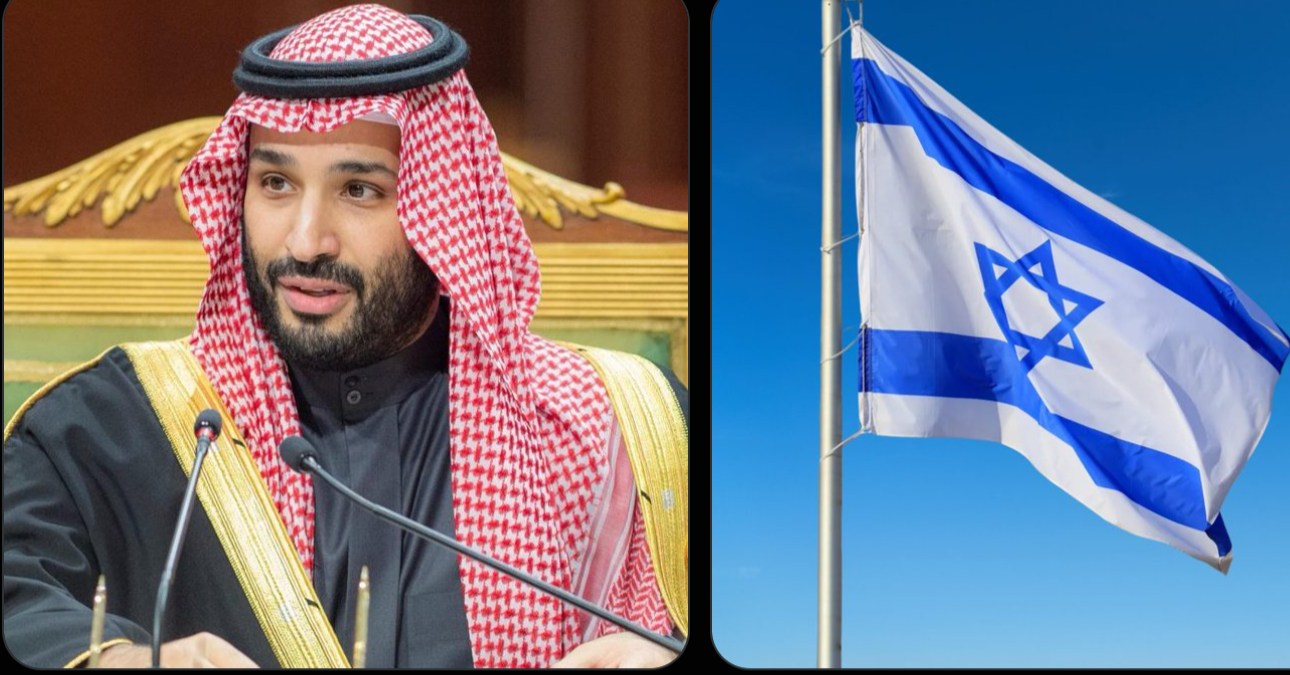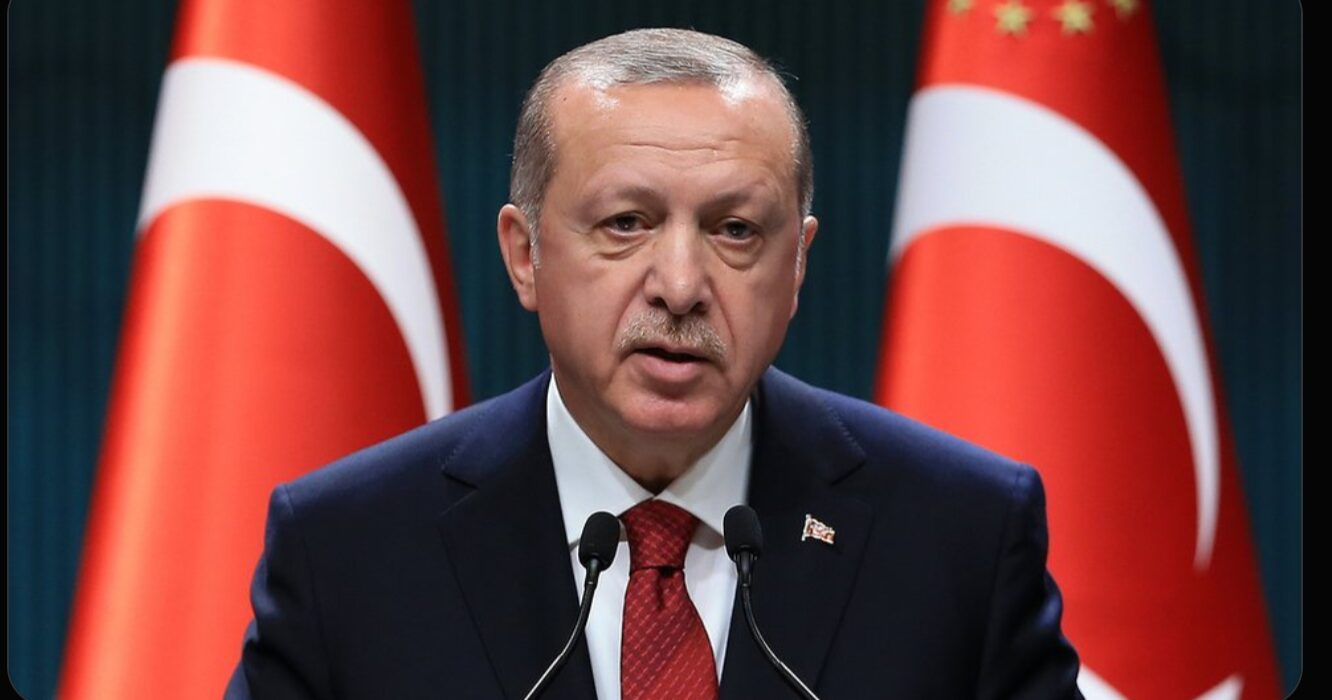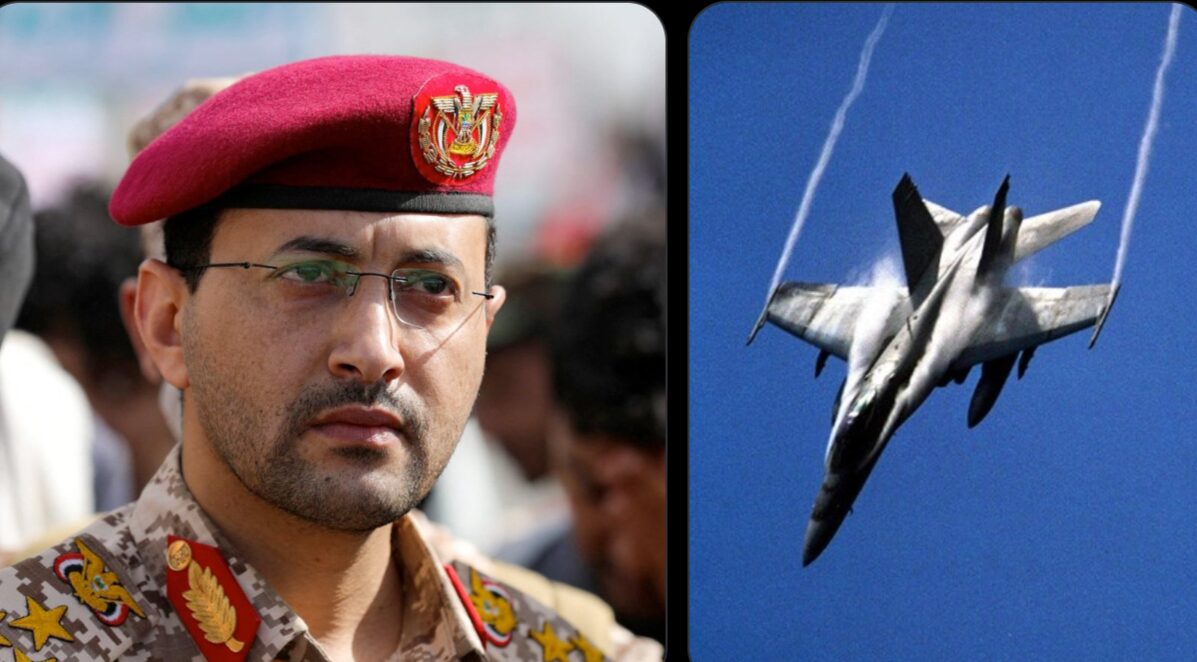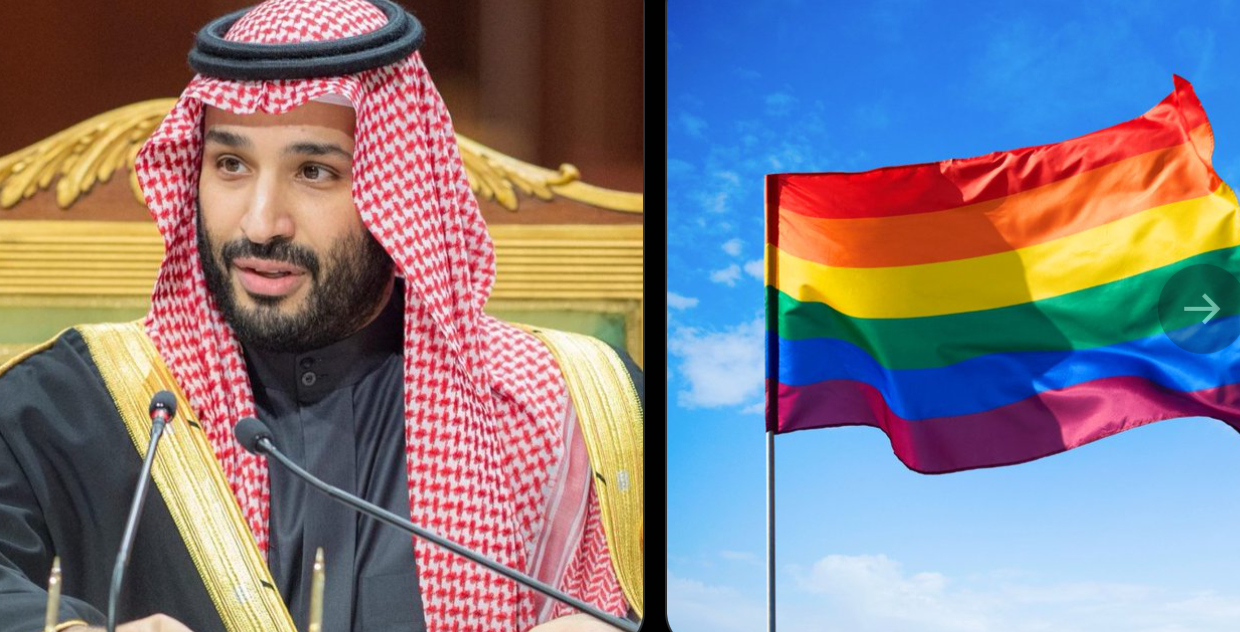ISRAEL & SAUDI ARABIA have reached a major breakthrough in normalization negotiations – Haaretz
In a historic development, Israel and Saudi Arabia have reached a major breakthrough in their normalization negotiations, signaling a significant shift in Middle Eastern geopolitics. This momentous step towards official relations between two of the region’s most influential powers could have far-reaching implications, not only for the Arab world and Israel but also for global political dynamics. In this blog post, we will break down the details of this breakthrough, what it means for both countries, and the broader impact on the Middle East and international relations.
A New Chapter: The Israel-Saudi Arabia Relationship
For decades, Israel and Saudi Arabia have shared a complex and often adversarial relationship, largely due to the Arab-Israeli conflict and the Palestinian issue. While the two nations have never had formal diplomatic ties, recent years have seen behind-the-scenes cooperation, particularly on issues of security, counterterrorism, and shared regional interests, especially concerning Iran.
In 2020, the Abraham Accords, which saw the normalization of relations between Israel and several Arab nations, including the United Arab Emirates (UAE), Bahrain, Sudan, and Morocco, laid the groundwork for broader rapprochement in the Arab world. However, Saudi Arabia, the largest and most influential Arab state, remained a notable holdout. Despite this, the Kingdom has shown increasing signs of warming relations with Israel, particularly due to shared security concerns regarding Iran’s nuclear ambitions and regional influence.
The breakthrough announced recently, however, marks the beginning of a new era in Israel-Saudi relations, with both nations now moving closer to formalizing ties through diplomatic channels.
Key Details of the Breakthrough
According to reports from Haaretz and other reliable sources, Israel and Saudi Arabia have made substantial progress in negotiations regarding a range of diplomatic, economic, and security matters. The agreement marks a significant shift in the Middle East and could reshape the regional landscape.
- Diplomatic Recognition: While details remain sparse, it is expected that the agreement will eventually lead to the establishment of formal diplomatic ties between Israel and Saudi Arabia, including the opening of embassies and the establishment of consulates. This would be the first time in history that Saudi Arabia officially recognizes Israel.
- Security Cooperation: Both nations have expressed interest in strengthening security cooperation, particularly in the face of the growing threat posed by Iran. Saudi Arabia and Israel share a common concern over Iran’s nuclear ambitions and the destabilizing activities of Iranian-backed militias across the region. Increased collaboration on intelligence-sharing and defense systems is likely.
- Economic and Trade Partnerships: As part of the breakthrough, Israel and Saudi Arabia are expected to explore significant economic opportunities, including trade agreements and investment deals. Israel’s technological expertise, especially in cybersecurity, agriculture, and water conservation, could offer substantial benefits to Saudi Arabia, which is undergoing economic diversification under its Vision 2030 initiative.
- Palestinian Issue: One of the critical aspects of Saudi Arabia’s position has always been its support for the Palestinian cause. While normalization discussions have accelerated, it is believed that the two countries will need to address Palestinian concerns, particularly the creation of a Palestinian state. The exact terms of how the Palestinian issue will be handled in the normalization process remain unclear, but reports suggest that Israel and Saudi Arabia may come to an agreement on a gradual approach to peace talks.
Why This Breakthrough Matters
This breakthrough between Israel and Saudi Arabia holds immense geopolitical significance, both for the Middle East and the world.
- Impact on the Arab World: Saudi Arabia’s decision to move toward normalization with Israel is a game-changer for the Arab world. The Kingdom has long been seen as a leader in the Arab world, and its recognition of Israel will undoubtedly influence other Arab countries that have yet to establish formal relations with the Jewish state. While countries like Qatar and Kuwait may remain resistant to normalizing ties, Saudi Arabia’s leadership may encourage a more widespread acceptance of Israel in the Arab world, especially among the Gulf states.
- Shift in Middle Eastern Alliances: The growing alignment between Israel and Saudi Arabia is a direct response to shared regional challenges. Iran’s increasing influence, particularly in Syria, Iraq, Lebanon, and Yemen, has led both nations to look for ways to cooperate and counter Tehran’s ambitions. This partnership could create a new regional bloc that focuses on stability, security, and economic development, potentially reshaping alliances in the Middle East.
- U.S. and International Reactions: The United States, which has historically been a strong ally of both Israel and Saudi Arabia, will likely play a crucial role in facilitating this normalization process. Washington’s support for Israel and its strategic relationship with Saudi Arabia means that the U.S. is well-positioned to help broker any agreements that may arise. However, international reactions, especially from European nations and Russia, may vary depending on their perspectives on the Palestinian issue and the broader balance of power in the Middle East.
- Broader Global Impact: This breakthrough could have ripple effects beyond the Middle East. As Israel and Saudi Arabia begin to cooperate more closely, other countries in Africa and Asia might follow suit, seeking to capitalize on new economic and security opportunities. Furthermore, the normalization of ties could lead to more stability in the region, which would be beneficial for global energy markets, trade routes, and counterterrorism efforts.
Challenges Ahead
While the breakthrough is a historic step forward, there are still significant challenges ahead. The primary obstacle remains the Palestinian issue, which continues to be a source of tension between Israel and much of the Arab world. Saudi Arabia, despite its growing cooperation with Israel, has maintained that any formalization of relations must be conditioned on progress in Palestinian statehood negotiations.
Additionally, both countries must navigate internal political dynamics. In Israel, political shifts and the domestic Israeli-Palestinian conflict can affect the stability of any agreements made. In Saudi Arabia, internal opposition to normalization, particularly from more conservative factions, may slow the process.
Conclusion
The breakthrough in normalization negotiations between Israel and Saudi Arabia represents a momentous shift in Middle Eastern geopolitics. If successfully implemented, it has the potential to reshape the future of the region by fostering greater security, economic cooperation, and diplomatic engagement. While challenges remain, particularly around the Palestinian issue, the progress made so far is a testament to the evolving dynamics of the Middle East and the willingness of Israel and Saudi Arabia to chart a new course.
This breakthrough offers hope for a more stable and cooperative region, with lasting impacts on both local and global scales. The world will be watching closely as these negotiations unfold, eager to see how Israel and Saudi Arabia will navigate the complexities of their new relationship.

















Post Comment